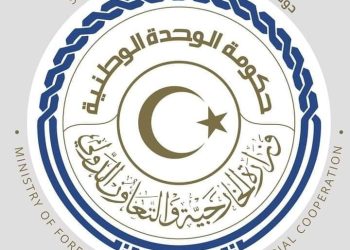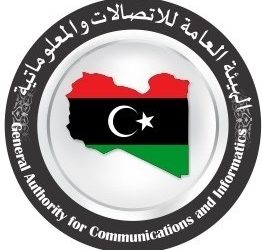By Alessandra Bocchi.
Tunis, 16 February 2017:
Libya has always been a natural market for Italy but though Italian businessmen are anxious to return, security remains the key inhibitor, not least since last year’s murder of two Italians seized by IS terrorists in Sabratha.
“Italians are hungry for business investments in Libya, but not at the cost of their lives”, said Arnaldo Guidotti head of construction company Emaco. Since last year’s killing of two Italian nationals working for Italian construction company Bonatti after they were seized by ISIS militants in Sabratha, fear has overridden ambition.
Emaco is an Italian construction company that has been in Libya since the 1970s. After 2014, it cut back its employees from around 650 to 30. Only a dozen Italian companies are left operating in Libya compared to 40 in 2014, said Guidotti. None of them were really interested in the country’s politics, he added; what they hoped to see was stability.
With Qaddafi’s fall, Italian investors had hoped to expand rapidly in Libya. “We had €300 million of credits in Italy in the 1990s”, said GianFranco Damiano head of the Italian-Libyan Chamber of Commerce. “After the fall of Qaddafi that figure rose to almost €650 million.” But by 2014 most projects were either suspended or had been abandoned because of the increased risks posed by a lack of security.
Moreover, Italy’s backing of the UN-backed Government of National Accord in Tripoli has produced hostility in the east from the House of Representatives and Libyan National Army commander Field Marshal Khalifa Hafter.
This may be set to change. Italy’s ambassador in Libya, Giuseppe Perrone, has said Hafter must be part of a solution to bring end to the instability in the country.
Emaco has offices in both Tripoli and Benghazi and also operates in the south, despite the tribal tensions. But working in Libya is challenging. According to Guidotti, the Italian oil and gas giant Eni, which cut its expatriate work force because of threats, survives in Libya by using rival militias.
“It has been a very long period of difficulty, six years now – more than any world war – but things are slowly beginning to change,” said Damiano. His chamber has recently launched seminars on doing businesses in Libya. In his view, both Italian and EU politicians have failed to realise the potential of private business investments in stabilising the country. “If you offer a man a job, you will take away his Kalashnikov,” he said.
But lack of security is not the only issue affecting Libya’s economy. Oil income is down through a combination of lower prices and reduced production.
Libyan businessman Husni Bey explained: “Exports to Italy were only marginally affected in the 2011 crisis, but not so in 2014 and after.”
While the drop of imports in 2011 was a result of the UN embargo and the freeze on Libyan assets, between 2015 and 2016 the major cause of the trade and budget deficit was the fall oin oil prices. In addition Libya had gone from exporting 1.6 million barrels a day to just 250,000 bpd, said Bey. Despite the latest boost in production after the eviction of militia leader Ibrahim Jadhran from the eastern export terminals in the so-called Oil Crescent, Libya was still only producing around 700,000 bpd.
Bey also pointed out “ENI is the only foreign oil company still fully operational and the one least suffering from the crisis because most of ENI production is extracted from offshore fields. The oil and gas industry has done well for Italy but badly for all other commercial sectors,” Bey added.
For this reason, Italian-Libyan Chamber of Commerce has started seminars to kick-start projects between Italian investors and Libyan entrepreneurs. To make this work, the chamber called for an easing of Italian visas restrictions for Libyan nationals. The idea was welcomed by both Italian companies and the GNA-appointed Libyan ambassador for Italy, Ahmed Safar.
However, according Damiano, the government in Rome has not responded. Nor is it addressing the shortage of export credit guarantees for Libyan deals. He also stressed that his chamber wanted to push new business in all parts of the country. “Cyrenaica, in the east, is very important for our business initiatives, especially in oil and gas,” he said. A unity government that embraces east and west would, he said, be likely to transform business prospects.









